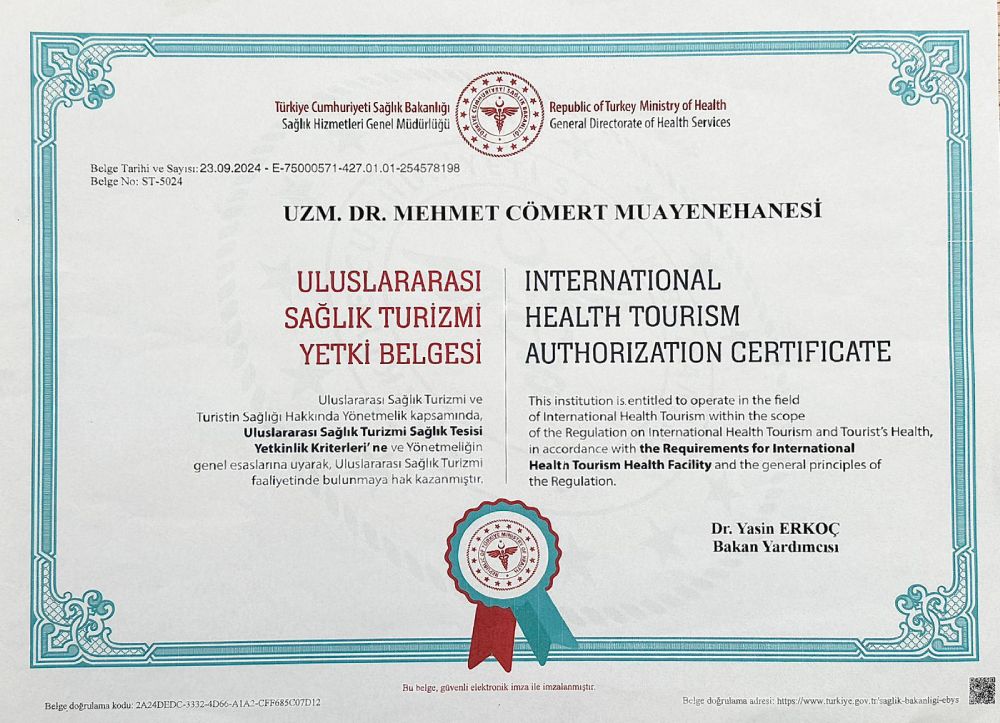

Revisional blepharoplasty, also known as secondary or corrective blepharoplasty, refers to a surgical procedure performed to address issues or complications that have arisen from a previous eyelid surgery (blepharoplasty). Blepharoplasty is a cosmetic or functional surgical procedure that involves reshaping the eyelids by removing excess skin, muscle, and sometimes fat to improve the appearance and functionality of the eyes.
Revisional blepharoplasty is undertaken when a patient is dissatisfied with the results of their initial blepharoplasty or has experienced complications that need to be corrected. There are various reasons why someone might consider a revisional blepharoplasty:
-
Unsatisfactory Results: The primary reason for revisional blepharoplasty is dissatisfaction with the aesthetic outcome of the initial surgery. This could include issues like asymmetry, under-correction or over-correction of eyelid drooping or puffiness, or an unnatural appearance.
-
Functional Concerns: Sometimes, the initial surgery might have unintentionally affected the function of the eyelids, causing problems like eyelid closure difficulties, dry eyes, or changes in vision. Revisional surgery might be necessary to restore proper function.
-
Complications: Complications can occur with any surgical procedure. Common complications of blepharoplasty might include scarring, infection, hematoma (accumulation of blood), or eyelid malposition (where the eyelids don't sit in the correct position). Revisional surgery is performed to correct these issues and improve the patient's condition.
-
Aging: Over time, the results of an initial blepharoplasty may change as the aging process continues. Some patients seek revisional surgery to maintain or restore the previous results.
Revisional blepharoplasty is often more complex than the initial surgery because the tissues have already been altered and there might be scar tissue present. Revisional procedures requires a carefull assessment of the patient's anatomy, tissue condition and specific concerns to create an effective surgical plan. It's crucial for patients considering revisional blepharoplasty to communicate their concerns and expectations clearly during the consultation.
A thorough consultation will help determine whether revisional blepharoplasty is the right option and what outcomes can be reasonably expected.


